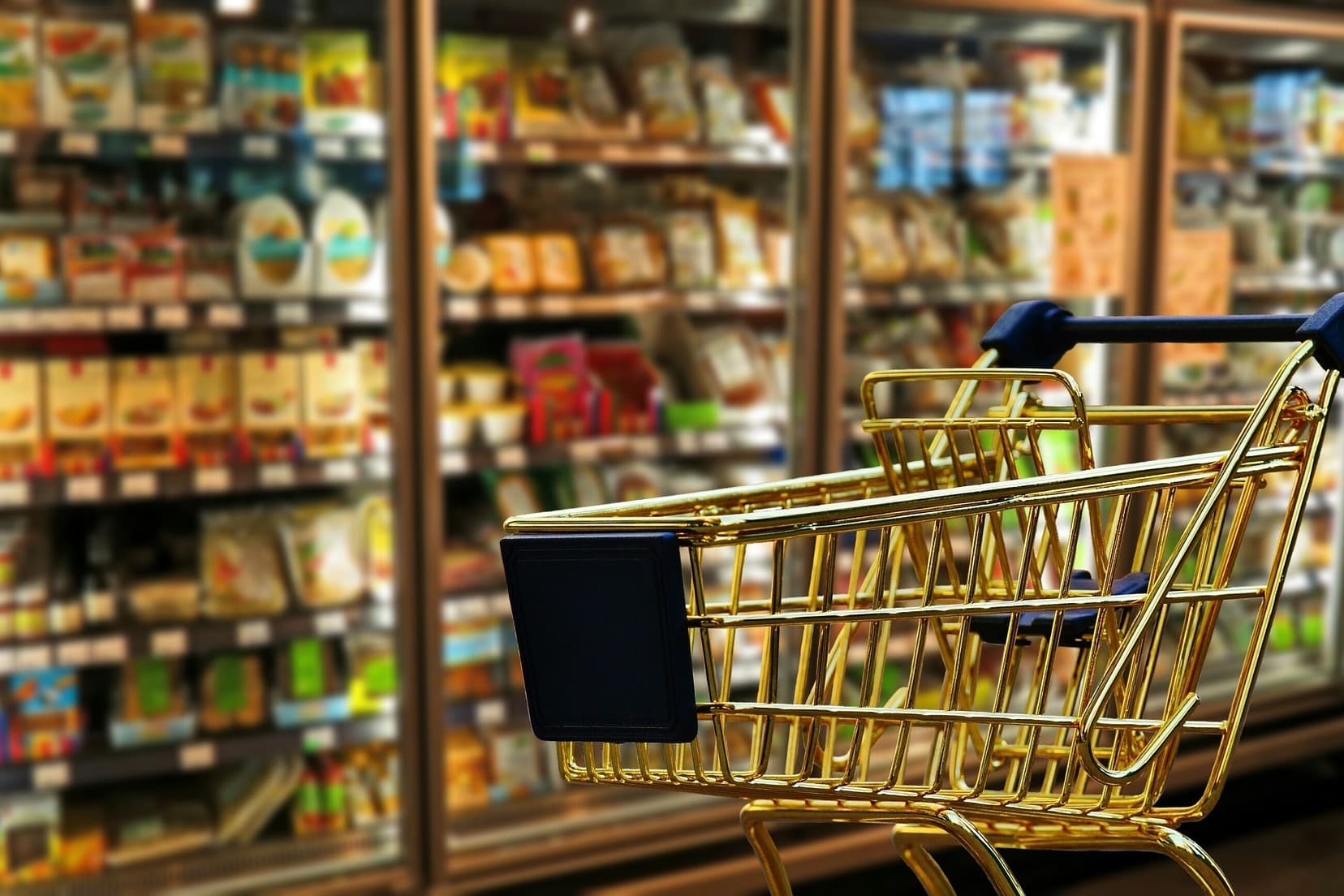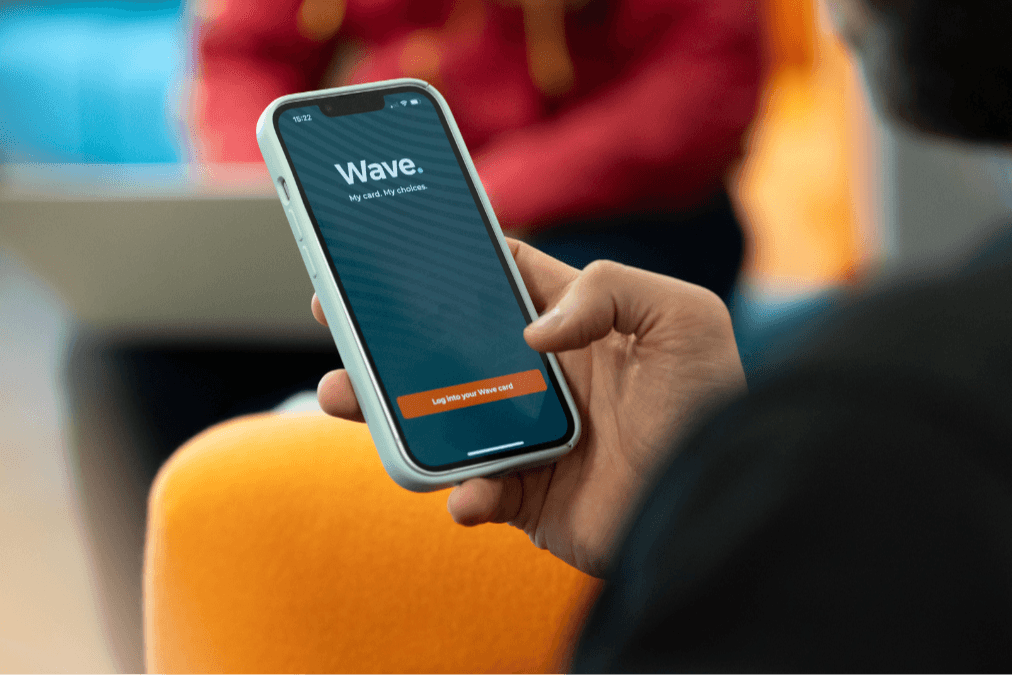How to know if your customer loyalty scheme really delivers
by Matt Rooke-Content Marketing Manager|Wed Jan 04 2023

When it comes to customer loyalty, the goal is clear: To generate the maximum possible repeat revenue through loyal customers who’ve already bought into your brand. But whether digital or physical, many loyalty schemes don’t quite deliver on this promise.
Are you getting the most out of your customers?
In a time of economic instability, it’s vital that brands can maximise revenue from existing customers. In fact, studies suggest that as many as 71% of consumers are more loyal to retailers that offer discounts, incentives and rewards, and just over a third of respondents have switched from a brand they were loyal to due to a bad experience.
So when it comes to customer loyalty the stakes are clear. Done right, you can save money and increase revenue - all while offering a better experience to existing customers. But if your scheme isn’t delivering the goods, there’s a good chance you’re getting all the cost and none of the benefit.
Working with our clients, we’ve seen just how valuable a modern, digital loyalty scheme can be. For one well-known national retailer, we helped increase total participation on their loyalty scheme by 185% year on year, with average spend per customer increasing by 19% across the same period.
For another retailer, we added 3 million marketing minutes in a single month with the launch of a new loyalty app and encouraged 70% of users to participate via app rather than post, saving millions of print and postage costs.
A winning customer loyalty programme can deliver lower costs, more participation and higher revenue. But how do you know if your scheme is really delivering? Here are some of the main questions you should ask.
1. Are your offers personalised?
In the world of ever-expansive customer data, targeting customers with personalised offers and ads based on their purchase history has become the norm. But loyalty schemes often haven’t caught up, and many brands are sending the same blanket offers to their customers.
Whether you’re sending deals via an app, email or SMS - your loyalty scheme will be much more effective if it’s personalised to each user’s unique buying history.
2. Can you offer location-based deals?
Brands naturally want to run different campaigns in different places to tailor deals to different demographics and test different strategies. But if you’ve ever presented a card or coupon at the till only to find it’s not valid in that store - you’ll certainly share the frustration of many customers for whom the reality hasn’t quite delivered.
A modern loyalty scheme should take advantage of GPS location to ensure customers are only being sent deals that are relevant to their geographical location. This means less frustration, more customers accessing deals and ultimately more revenue for the business.
3. Does your data deliver?
Like any campaign, it’s important to measure and improve. But often, the only data it’s possible to collect is the number of vouchers or codes redeemed across a campaign. The challenge here is it doesn’t give you any insight into why users did or didn’t participate in the deal.
That’s why it’s so important to collect data on:
How many customers opened the email, notification or SMS and how many then participated in the deal?
How well did the offer resonate across different ages, demographics and locations?
If customers clicked on a deal but decided not to use it - where did they exit the process and why? Could a simpler digital journey optimise this?
Did customers view a deal and then go on to browse products on your app or website?
If you’re not able to answer these questions, there’s a good chance your loyalty programme needs better data and reporting functionality.
4. Are you a victim of loyalty fraud that wasn’t your fault?
One big challenge of traditional loyalty schemes is ensuring they’re only used by the right people the right number of times. Customers can sign up for online offers with false information or multiple emails - and it can be impossible to control who gets hold of physical vouchers and gift cards.
With the right technology, however, it is possible to verify who buys what. By sending individualised deals to customers via SMS, email or app, you can ensure customers only access offers through channels where they have a unique login or account. That means each customer can only use deals specifically meant for them, ultimately saving significant revenue for the business.
Getting loyalty right
If your customer loyalty scheme doesn’t deliver on the priorities discussed in this blog, there’s a good chance you could use a change.
It can be easy to think that any new features would be time-consuming, expensive and difficult to justify at a time of economic instability - but that doesn’t have to be the case. It can be just as valuable to prioritise updating or improving an existing system or process.
Whatever the solution, getting the most out of your valuable customers should be on everybody’s game plan in 2023. So where are you going to start?
Share



